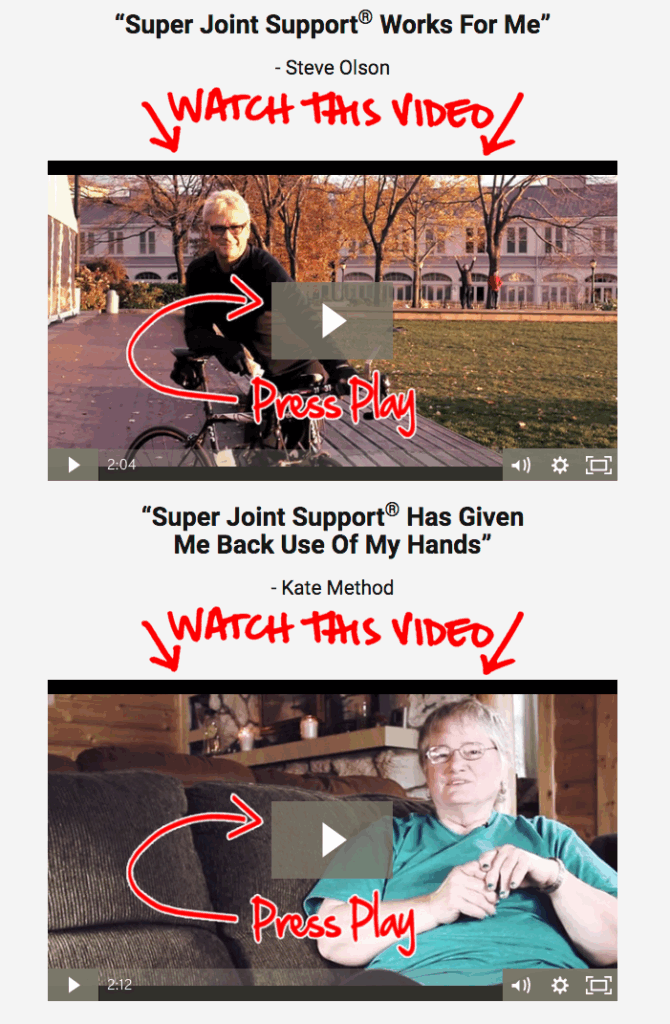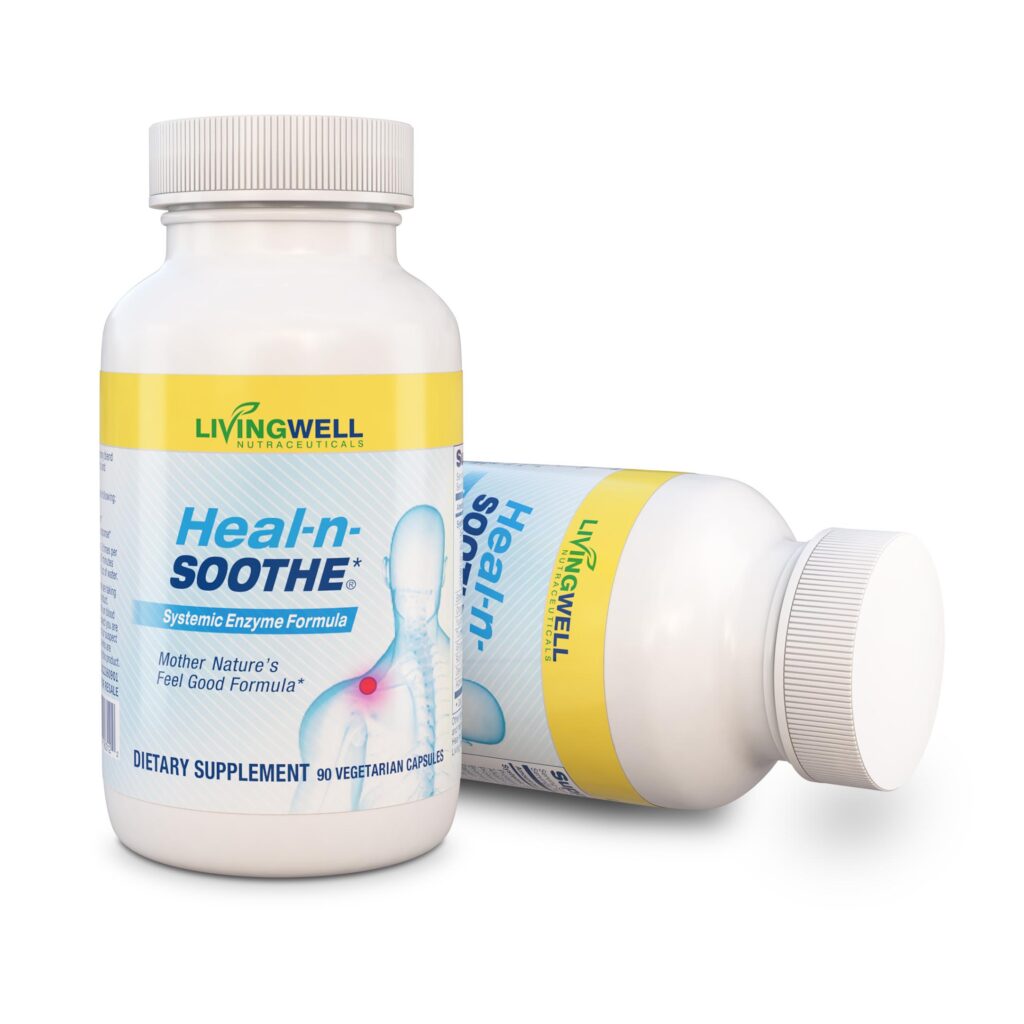When a woman is pregnant, the female body experiences a plethora of changes that can be uncomfortable and sometimes even painful. One of the most common complaints after weight gain, bloating and an excess of emotions is back pain. Although it is common in many pregnant women, back pain is most often not a chronic problem…if it is caused by pregnancy. Pregnancy-related back pain often disappears after childbirth.
In some instances however, the back pain is not a symptom of pregnancy but rather an underlying problem. When this is the case it will not go away once a woman has given birth and may even get worse as the weight shifts yet again. Back pain during pregnancy should not be underestimated; make an appointment with your physician to make sure it’s nothing more than pregnancy.
Why Back Pain
Perhaps the most common cause for back pain during pregnancy is weight. More specifically it is the way the weight is distributed during pregnancy that leads to pain, most often in the lower back. Pregnancy weight gain is commonly located in the abdominal region and as the belly expands the spine strains to support the additional weight.
Weight-related back pain during pregnancy is common and is usually quite mild, however when the mother-to-be is overweight, obese or carrying twins or triplets the back pain can be uncomfortable and debilitating. If you are overweight or have a history of twins or triplets, ask your obstetrician how to manage the pain in the early days of pregnancy.
There are other, more severe, problems of which back pain during pregnancy is an indicator. Cramping or excessive bleeding can cause back pain, and when that occurs during pregnancy it can be a sign that something more serious is afoot such as a miscarriage or premature labor.
In fact back pain can mean plenty of things during pregnancy, which is why it is so important to listen to your body. If it is a symptom of a more serious problem you’ll want to get medical attention right away.
Treating Back Pain During Pregnancy
Pain and discomfort are common adjectives used by pregnant women to describe how they are feeling and while it seems as though these are just symptoms of being pregnancy, there are effective treatments available.
Light exercises and stretching are often recommended, particularly in the early days of pregnancy when mobility isn’t yet limited. These exercises are effective to relieve pain and relax muscles in the back. This is something that should be done regularly throughout the pregnancy to keep muscles loose and prevent back pain. Regular stretching and light exercise can also help improve posture, which often is distorted due to the additional weight of the pregnancy belly.
When it comes to pain treatment many women are concerned about the well-being of the child, and therefore are looking to natural pain treatments for back pain. In addition to exercise, herbal treatments can be used to reduce swelling and alleviate pain. Some women have been turning to pregnancy belts to help support the additional weight of the baby and prevent back strain.
Listen To Your Body
While you should take it easy during pregnancy and avoid unnecessary stress and muscle strain, it is more important that you simply listen to the cues your body is sending to you. If you feel tired; sit down or take a nap to refresh your energy. A tired body is more susceptible to injury.
In some instances back pain during pregnancy means one thing: you are in labor and childbirth is imminent. In this case there is very little to be done and confirmation is just around the corner. Back pain during labor is often accompanied by other symptoms that include muscle cramping in the lower back and sharp pain. Premature labor however may be cause for concern and if you experience severe back pain early in your pregnancy or have a high risk pregnancy, call your doctor immediately.
The best treatment for back pain is preventative treatment. If you are pregnant or anticipate becoming pregnant in the future, ask your physician what you can do to manage back pain and how to identify serious back pain.






